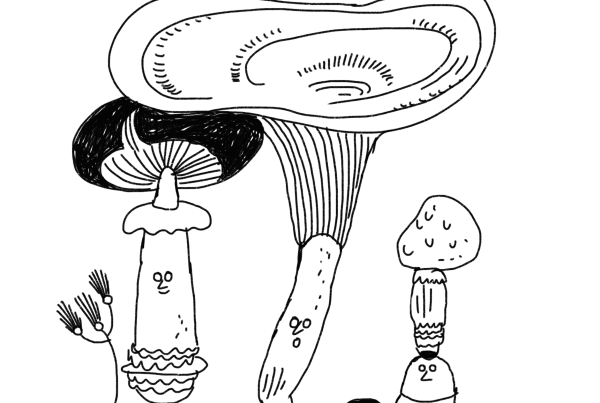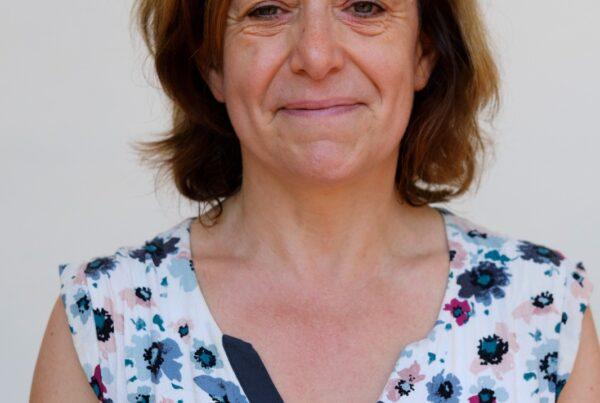We have just returned from a highly successful Artistic Gathering in China, where around 500 delegates from China and the rest of the world gathered to experience theatre and explore our theme for this year of “Towards the Unknown – Imagining the future”.
Through an interactive process, ably led by the EC Projects working group, the delegates together crafted their Great Wall of Dreams, and from this, extracted and built together a manifesto for Theatre for Young Audiences’ practitioners which you can read, share and discuss in this newsletter.
One of the themes that seemed magnified in these conversations in China was the issue of inclusivity – what do we mean by this and how can our national centres better practise it? What is possible? In the largest country in the world, how can theatre for young audiences be truly inclusive – of all the artists working in the field – or wanting to work in the field – and of all those who want to support this work to happen? How can it be inclusive of all potential audiences, in a country so vast and populous…?
And of course, while these questions apply to China, they simply multiply when we consider theatre for young audiences across the entire globe.
A key to inclusivity was offered, I believe, in one of the small groups working on crafting the manifesto. The idea has been expressed in the manifesto in this way: “We also regard our fellow artists with a spirit of generosity, sharing ideas, resources, and perspectives in order to make each other stronger.”
It is this spirit of generosity which is the key to our embedding inclusivity in the DNA of ASSITEJ. Generosity is the antithesis of fear. Fear of losing our status, fear of the other, fear of the new, fear of the unknown. When we embrace others with generosity, we open ourselves to learning, to finding ways to work together and to including those who have been excluded previously. It is this generosity that we need to strengthen and celebrate in every national centre and network of ASSITEJ.
Our constitution already shows us the way – by referencing the categories of members of ASSITEJ as being the professionals and the non-professionals, those actively engaged in TYA and those interested in and supporting TYA, it provides a template for how national centres can be inclusive. By refusing to exclude anyone on the basis of “age, gender, ethnicity, disability or ability, sexual orientation, cultural identity, national origin, or political or religious conviction”, it also points us towards this spirit of generosity. (And perhaps we should also be including in that already long list, economic status and geographical location)…
Our constitution provides a model of generosity where we can all learn from one another, where we have resources, knowledge and contacts which must be shared for the good of all, and where through this sharing, we are ultimately made stronger as local networks and as a global network.






